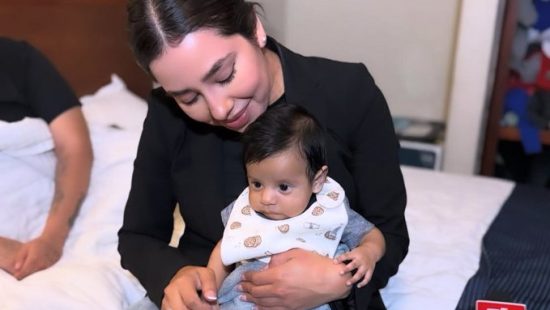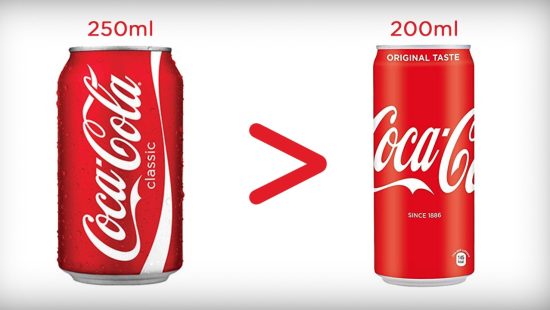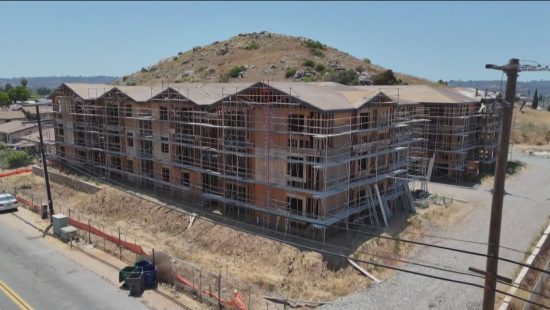Tech giant’s pro-AI political fund draws criticism from California lawmakers, Attorney General Rob Bonta, and watchdog groups who warn against sacrificing safety and accountability for innovation.
Meta will launch a political action committee (Super PAC) in California to support candidates who favor lighter regulation of artificial intelligence in the state that’s home to Silicon Valley.
The tech giant confirmed on Tuesday plans to form a Super PAC—named “Mobilizing Economic Transformation Across California”—dedicated to backing pro-AI candidates regardless of party affiliation.
“As the home of many of the world’s leading AI companies, California’s innovative economy has an outsized impact on U.S. economic growth, job creation, and global competitiveness,” said a Meta spokesperson.
“But Sacramento’s regulatory environment could stifle innovation, block AI progress, and put California’s technological leadership at risk,” the spokesperson added.
According to Meta, state-level AI regulation threatens to hinder technology development at a time when U.S. tech firms are in a fierce innovation race with Chinese competitors.
The tech industry has been exerting pressure to avoid AI restrictions. In July, it nearly convinced Congress to pass a federal ban that would have prevented states from enacting or enforcing AI laws for a decade.
Meta pointed to more than 50 AI-related bills introduced this year in California alone—many of which it says could slow technological advancement.
Opposition Commentary from California Figures & Organizations
- California Attorney General Rob Bonta & a Bipartisan Group of State AGs
Rob Bonta—alongside a bipartisan coalition of 44 attorneys general—issued a strong warning to Big Tech: if AI harms children, those companies will be held accountable. They underscored that harmful AI content—even if machine-generated—can violate criminal laws.
- California Lawmakers Opposing Federal AI Moratorium
Back in May, 40 state AGs—including California’s—opposed a proposed 10-year federal ban on state AI regulation, arguing it would strip states of the power to protect consumers. Bonta emphasized the importance of state-level safeguards, especially against AI-generated deepfakes, unauthorized medical automation, and non-consensual explicit imagery.
A bipartisan group of 35 California legislators (including three Republicans) also urged Congress to reject the moratorium, warning it could nullify numerous state AI protections and threatens public safety and state sovereignty.
- Senator Scott Wiener & the SB 1047 AI Safety Bill
Senator Scott Wiener authored SB 1047, a landmark—but ultimately vetoed—bill intended to regulate “frontier” AI models with built-in safety protocols, third-party audits, and whistleblower protections. AI safety and ethics advocates expressed strong support, but Meta and other tech firms strongly opposed it.
- Governor Gavin Newsom’s “Balanced” Stance
Governor Newsom vetoed SB 1047 in September 2024, citing concerns that its approach—focused on model size—could foster a false sense of security and hamper innovation. Still, his administration has backed targeted legislation against deepfakes and AI-related child harms, aiming for responsible yet forward-looking AI governance.
- AI Safety Advocates and Researchers
The AI safety community—including organizations like the Center for AI Safety, Encode Justice, and Economic Security California—strongly backed SB 1047, arguing that safety and innovation can—and must—coexist.
Meta’s move to establish a Super PAC backing candidates who favor looser AI regulation marks an intensification of Silicon Valley’s political influence—especially ahead of the 2026 California gubernatorial race. Meta plans to invest tens of millions of dollars into the PAC, led by its public policy VPs Brian Rice and Greg Maurer.
This initiative mirrors larger trends, such as the pro-AI Super PAC “Leading the Future,” backed by Andreessen Horowitz, OpenAI’s Greg Brockman, and others. These groups collectively intend to counter AI safety advocates and push for a regulatory environment conducive to rapid innovation.
In contrast, California’s political and regulatory ecosystem includes strong opposition:
- Attorney General Bonta and a coalition of AGs demand accountability and have staunchly opposed efforts to restrict state regulatory power.
- State legislators continue supporting AI safety measures, including revisiting SB 1047 or similar frameworks.
- Governor Newsom’s stance seeks a middle path: supporting innovation while safeguarding public interests through measured, targeted regulation.
- AI ethics organizations advocate for strong safety guardrails—not just innovation at all cost.
Meta’s Super PAC represents a significant strike in the policy arena: pouring resources into electing politicians who favor minimal AI regulation—potentially reshaping California’s future governance and innovation model.
Yet, this move faces robust pushback from state officials, legislators, and AI safety advocates who argue that meaningful regulation is critical to protect public welfare, privacy, and democratic norms. The broader debate in California remains a tension between maximizing tech innovation and ensuring AI systems remain safe, transparent, and accountable.








